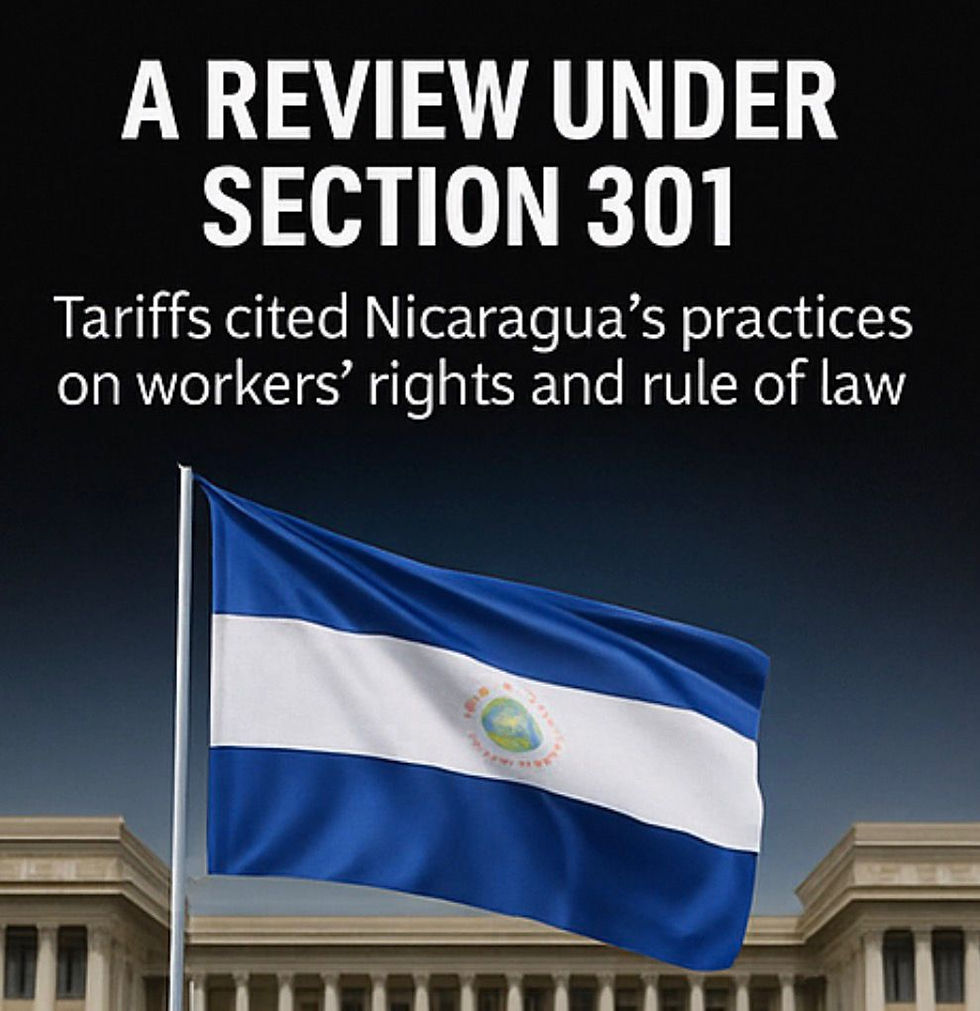Legendary Victory - How a Court Ruling Protected Premium Cigars from FDA Overreach
- Sep 27, 2025
- 3 min read
For years, premium cigar makers in the United States and abroad have watched anxiously as regulatory pressures mounted. The Food and Drug Administration (FDA), charged with overseeing tobacco products, applied the same sweeping standards to cigars as it did to cigarettes, e-cigarettes, and smokeless tobacco. To many in the industry, this approach felt misguided—premium cigars are crafted differently, consumed differently, and carry a distinct cultural identity.
In early 2025, a pivotal court ruling changed the landscape. The U.S. Court of Appeals for the District of Columbia Circuit declared that the FDA acted “arbitrarily and capriciously” in subjecting premium cigars to broad tobacco regulations without adequate justification. For cigar manufacturers, retailers, and consumers, the decision was more than legal relief—it was recognition that premium cigars occupy a unique place in the world of tobacco.
Why Premium Cigars Are Different
The central argument in the case hinged on how premium cigars differ from other tobacco products. Premium cigars are handmade, rolled with whole-leaf tobacco, and often aged for months or years before reaching consumers. Unlike cigarettes, they are not inhaled, nor are they typically consumed daily.
This occasional, ritualistic consumption formed part of the reasoning behind the court’s decision. By grouping cigars with other products designed for habitual use, regulators ignored critical differences in health risk and cultural purpose.
What the Ruling Means for the Industry
The court’s ruling exempted premium cigars from some of the most onerous FDA requirements. Among these were complex and costly product approval processes that threatened to stifle smaller boutique manufacturers. Had these rules remained, many artisanal producers in Nicaragua, the Dominican Republic, and Honduras might have been forced to exit the U.S. market.
Now, with this exemption, smaller brands have breathing room to continue innovating and releasing new blends without the same regulatory burden. Larger companies also benefit, but the decision is especially significant for family-owned factories and emerging boutique labels.
Industry Response
The Premium Cigar Association (PCA) and Cigar Rights of America (CRA), both of which fought the FDA regulations, celebrated the decision as a landmark victory. They argued for years that treating cigars as mass-market tobacco ignored their artisanal nature. The ruling validated their position and gave new momentum to industry advocacy.
Meanwhile, the Cigar Association of America (CAA), which represents a broader spectrum of tobacco interests, emphasized the need for clarity moving forward. They continue to advocate for definitions and protections that would safeguard not only traditional handmade cigars but also other products that straddle the line between premium and mass-market.
The Consumer Perspective
For cigar smokers, the ruling brings reassurance. Prices had been creeping upward in anticipation of compliance costs, and boutique offerings risked disappearing altogether. With the court’s decision, the variety and affordability of premium cigars are more likely to be preserved.
It also reinforces the idea that premium cigars are cultural goods, not just tobacco products. The ruling acknowledges what smokers have long argued: enjoying a cigar is an experience tied to ritual, craftsmanship, and leisure—not simply nicotine delivery.
Global Implications
Though the decision was made in a U.S. court, its ripple effects may extend worldwide. Other governments often take cues from American regulatory frameworks. By carving out special recognition for premium cigars, the court ruling sets a precedent that advocates in Europe, Asia, and Latin America can reference in their own policy debates.
For producers in Nicaragua, the Dominican Republic, and Honduras—countries that collectively supply nearly all U.S. premium cigars—the ruling secures continued access to their most important export market. That stability helps protect jobs, communities, and economies built around tobacco.
Looking Ahead
The battle is not entirely over. Regulatory agencies may attempt to revisit the issue with new studies or frameworks. Anti-tobacco groups will continue to lobby for stricter controls. But for now, the premium cigar industry has won a major reprieve.
The case serves as a reminder of how fragile industries rooted in tradition can be when confronted with modern regulatory structures. It also highlights the importance of advocacy and persistence from industry groups that fought to preserve a cultural heritage.
For aficionados lighting a cigar today, the court’s decision may not change the taste of the smoke—but it secures the future of that ritual, protecting the freedom to enjoy one of the world’s oldest luxuries.




Comments